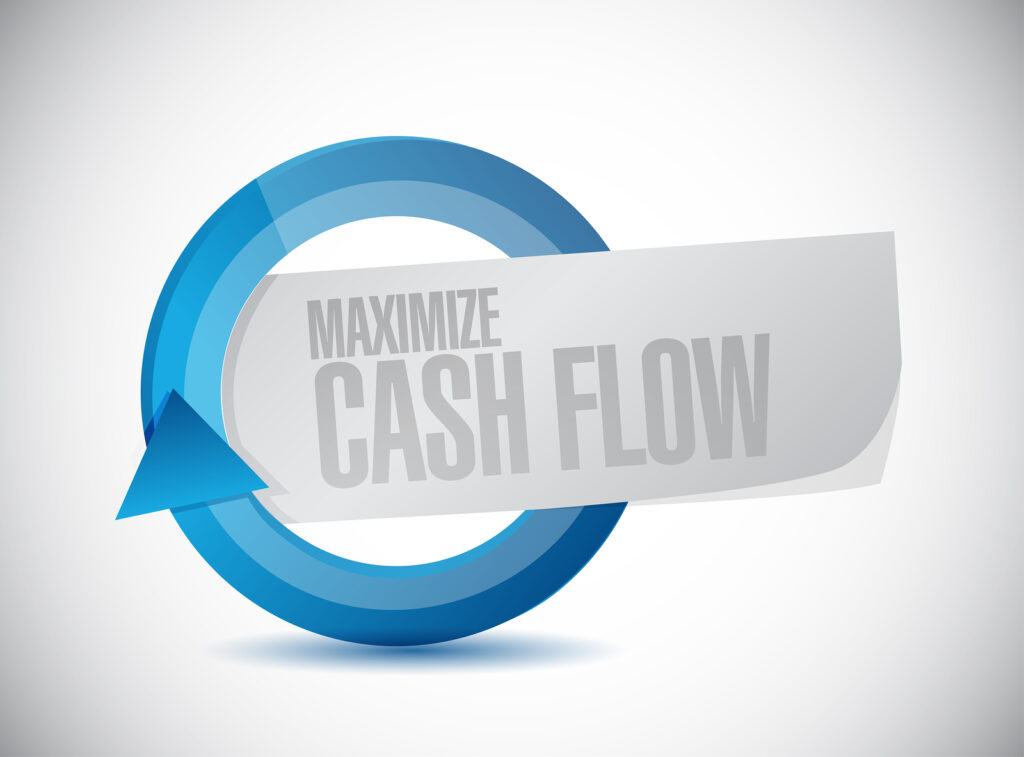CFGMS Admin March 6, 2019 Categories: Invoice Factoring, Small Business Funding
Bank loans have traditionally been the standard method for small business funding. The financial crisis of 2008 changed all of that. Banks tightened up their requirements and focused on larger, more profitable loans, causing business owners to look for alternative financing options. While invoice factoring has gained popularity with B2B and B2G companies in recent years, there are still many business owners who are hesitant to take advantage of this type of funding. This is due in part to a lack of understanding about how invoice factoring works and the benefits it can offer.
The Invoice Factoring Process
Choose an outstanding B2B or B2G invoice you would like to factor and submit them to the funding company, commonly referred to the factor. They will verify the creditworthiness of the customers responsible for the invoices you submit, so it’s important that you only submit invoices from customers in good standing. The verification process is quick and, in many cases, completed in hours. Once the invoices submitted have been approved for factoring, you will receive between 80 and 90 percent of the invoices’ face value. According to the terms of the invoices, payment will be made directly to the factor and they will send you the balance minus their fee.

The Benefits of Invoice Factoring
Once you understand how it works, it’s time to consider how invoice factoring can benefit your business.
Improved Cash Flow
It isn’t uncommon for customers to wait until the day an invoice is due to pay it. This may improve their cash flow but it doesn’t do much for yours. It can hold your business hostage and prevent you from moving forward. Invoice factoring can help provide you with a consistent flow of working capital. No more waiting 30, 60 or 90 days for cash you need now.
Avoid Additional Debt
Whenever possible, this is something business owners want to avoid. Because invoice factoring is not a loan, you aren’t taking on any additional debt. You are simply receiving money that is already owed to you. Once the factor provides you with initial 80-90 percent of its face value, they own that invoice and collect payment directly from your customer when the invoice is due. At the onset of factoring, your customers will receive a notification of a change of remittance. Factors do not require a stake in your business, so you remain in control and you are not putting your company at risk.
Depending on the type of factoring you receive, you may be liable if your customer doesn’t pay. There is recourse and non-recourse factoring. With recourse factoring, you are responsible if your customer defaults on their payment. While you wouldn’t be responsible with non-recourse factoring, you will pay a higher factoring fee. This is why it is so important to only factor the invoices of customers you know are reliable.
Business Growth
With the consistent cash flow provided by invoice factoring, you can focus on growing your business. No more passing up a great business opportunity or a huge order. You will be able to run your business in a way that promotes growth. Because of your ability to make more timely payments, you may be able to leverage discounts from your suppliers.

Considering Invoice Factoring for Your Business?
If you’re considering invoice factoring, CFG Merchant Solutions™ can help. We are a privately-owned and operated specialty finance and alternative funding platform. Our focus is on providing capital access to small and mid-sized businesses (merchants) in the U.S. that have historically been underserved by traditional financial institutions and may have experienced challenges obtaining timely financing. The CFGMS™ team brings to the table more than 60 years of institutional investment banking experience in the credit, commercial finance, and capital markets. Contact us to find out if invoice factoring is right for your business.
